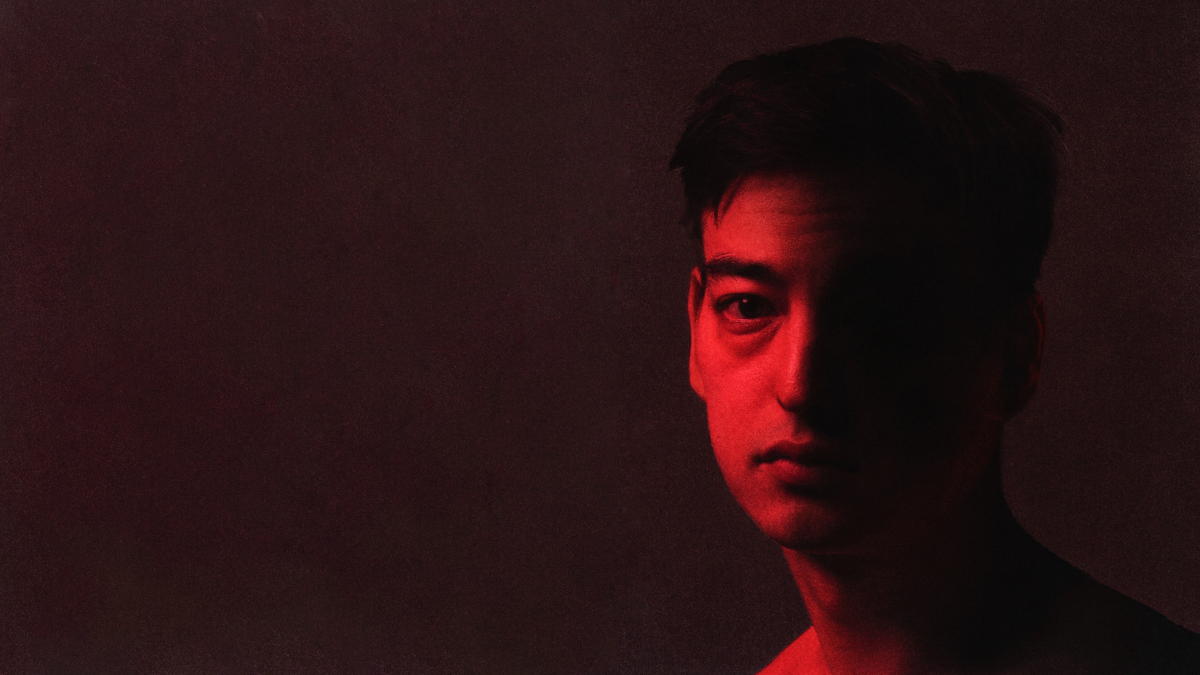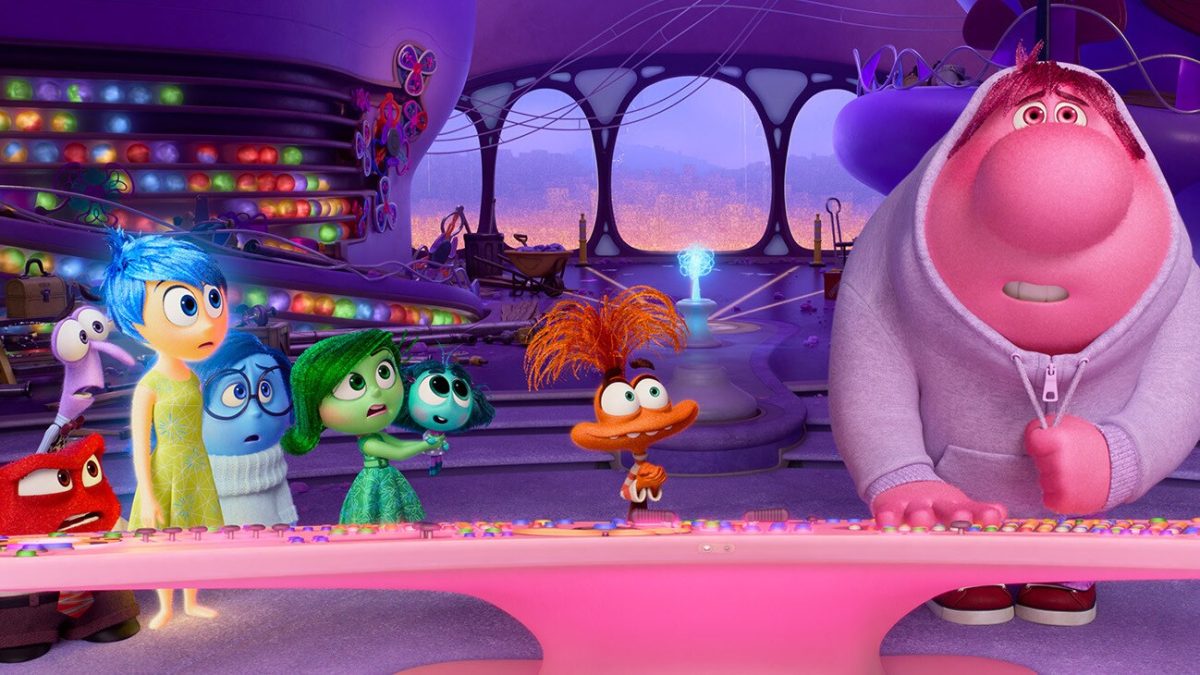Background
George Kusunoki Miller, better known as “Joji”, has experienced an unbelievable rise in fame after releasing his first mixtape “In Tongues” around three years ago. His long-doubted success in the music industry is another story of a man who deeply believed in himself and his abilities and succeeded against all odds.
A half-Japanese and half-Australian immigrant from Japan, Joji studied Communication and Media Arts at the New York Institute of Technology. He started filming and uploading his comedy-sketches as a student at the Canadian Academy in Japan, on a YouTube channel he called DizastaMusic under the name “Filthy Frank.” Many have criticized Joji’s sense of humor as completely incoherent and inappropriate to practically any age category.
Nonetheless, his content found an untapped audience, reaching 20 thousand subscribers in 2012. Ever since, Joji has continued to branch off. He created multiple comedic characters within his own universe, launched sister channels and worked with other prominent YouTubers like maxmoefoe, iDubbbzTV, HowToBasic and PewDiePie. In 2017, after 5 years of explosive growth, Joji had amassed millions of YouTube subscribers and more than a billion combined views across all of his channels.
Joji showed early promise as a musical artist, starting off with producing hip-hop music as a part of his comedic repertoire, which led to the release of his mixtape “Pink Season” as well the viral online dance trend, “The Harlem Shake.” However, Joji revealed that maintaining his YouTube channel was a huge stress in his exposé video in 2017, and was going through many challenges in his life. The character of Filthy Frank had taken a toll on his personal life. In 2017, Joji decided to leave YouTube in pursuit of a career in music.
Joji’s personal career began with the release of his first single “Joji, Will He,” followed by his first EP under the new name, “In Tongues.” Even though many fans were still upset about his retirement from YouTube, Joji’s music was slowly finding its new audience, earning him a name in the growing sub-genre of lo-fi, vocally loaded, sentimental music. Next year, on Oct. 26, 2018, Joji released his new album, “Ballads 1,” which debuted at Number 3 on the Billboard 200, and Number 1 in the Hip-Hop/R&B category. The album was a huge success, and undoubtedly made a huge impact on the industry, reaffirming Joji’s potential.
General Review
“Nectar” has become a huge stepping stone in Joji’s musical career. It marks the best of both his vocal and production performance so far, as well as overall vision and theme of the record. The album is a collection of songs about idealistic love, expectations, breakups and the complexity of it all. Accompanying it are pretty impressive and creative artwork, ad campaigns and music clips that capture the trippy, yet somewhat depressing mood that is typical of Joji’s style. It would be fair to say that Joji, along with Billie Eilish, have forged a new sub-genre of vocally loaded, trippy and very rhythmic songs that convey the cathartic relief from the pain caused by love. While having lots of high-end production, well-written lines and well-performed vocals for the first half of the record, Joji’s inexperience in the industry is evident in the second half. While having lots of admirable moments to give, Nectar does fall prey to Joji’s lack of skill and naiveté in the music industry.
Good
All the singles that Joji released previously to the release of “Nectar” are obvious highlights of the album. Songs like “Run,” “Gimme Love” and “Sanctuary” undoubtedly showcase Joji’s best performance, with catchy, meaningful and relatable lyrics and amazing vocals. They also demonstrate a unique production featuring memorable acapella beats, guitar chords and pleasant ambient texture. A few memorable mentions should definitely include new songs like “Tick Tock,” with a charming beat and even better vocals. “Pretty Boy,” a collaboration track with Lil Yachty, explores a more low-hop, cloud rap side of Joji. Finally, “Reanimator,” a personal favorite, which is an experimental track, feels rather simplistic and yet delivers very pleasant ambience with an incredibly smooth R&B transition in the middle. As mentioned earlier, the first half of the record is incredibly well-balanced and produced. However, the rest of the album certainly showcases a more forgettable and seemingly unfinished piece of work.
Bad
Even though songs like “Normal People,” “Afterthought” and “Like You Do” manage to capture Joji’s spirit and style, they certainly don’t balance well with the highly original and creative first half of the album. With the exception of songs like “777” with its very interesting synth melody, as well as “Mr. Hollywood” with its impressive vocal performance, the second portion of the record sounds like a collection of Joji’s more disappointing, earlier works, something that would go on his first EP, “In Tongues.”
There’s no doubt, Joji has traveled far since his musical beginnings in 2017, and over the course has shown immense talent and potential. “Nectar,” having significant downsides in some places, stands as a stunning work in its genre, and showcases Joji’s pretty incredible genre range, between hip-hop and lo-fi influences to pop, R&B and even the synth musical aesthetic of the 80s. I’d give this album a solid 7/10.































